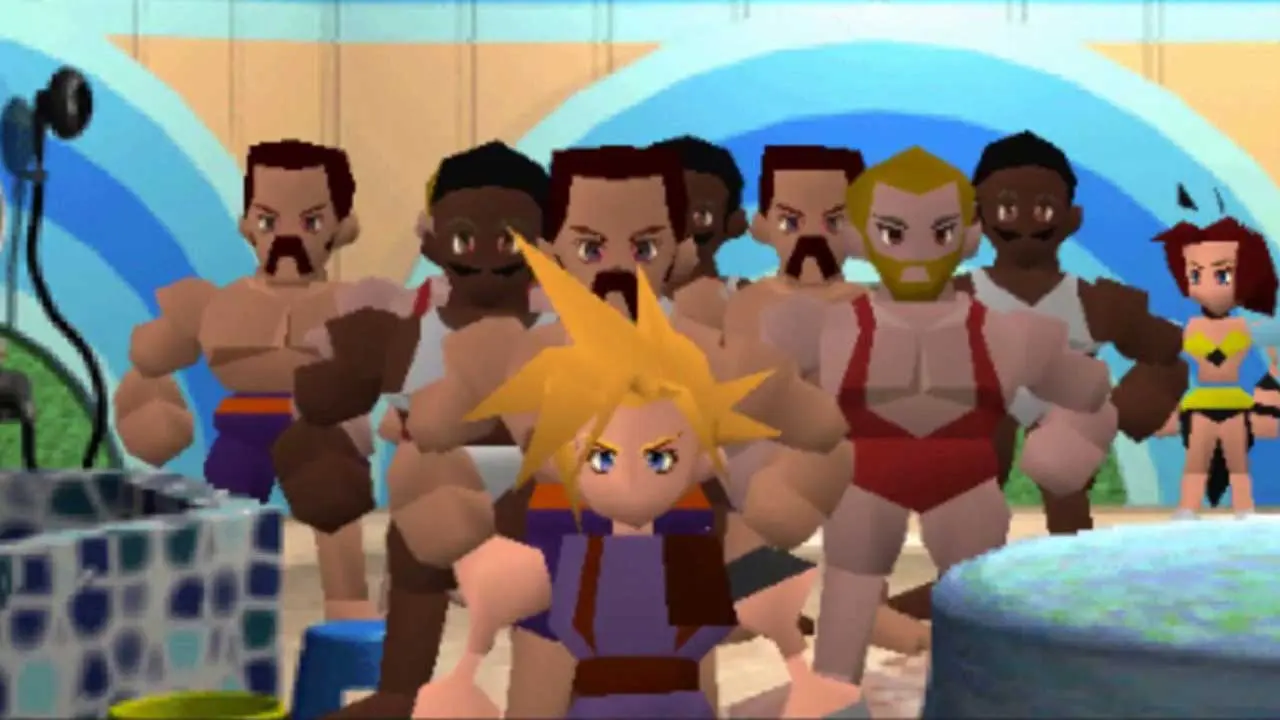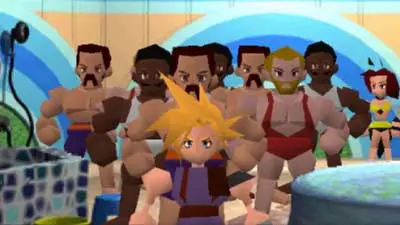
The video game industry has seen a resurgence of remade titles the last few years – from Resident Evil 3 and Doom to Final Fantasy VII. Even the Half-Life series had multiple fan entries made even before we finally got Half-Life: Alyx.
But each and every one of these – despite being redone from the ground up or remastered with all the powerhouse of the new technologies we have to offer – also banks on the nostalgia the names carry with them. With bright and shiny new polish, these games hope to capture new audiences alongside former fans with the promise of what they know and love.
Or at least, what they think they remember they love.
And here lies the danger of nostalgia: the rose-tinted glasses of past memory. That emotion isn’t limited to video games or to specific fandoms either. Even the state of how games were versus how they are now can bring up supposedly “fond” memories of the past. Discussions for how games used to be, and how the medium has changed could take up an article ten times longer than this. But that’s not why we’re here.
A trip down memory lane
To start: nostalgia, in and of itself, is neither bad nor good. How it’s used though – and how we reflect upon it – can take us down very different paths.
Any remake can happen for any number of reasons. Ultimately, when we see nostalgia at its worst is when nothing is done to recognize issues from the past, abhorrent to any idea of change to what we knew. This is a disservice primarily to ourselves, by burying what we liked in past mistakes.
We can remake graphics and update sound effects. But in the same vein, we also should be considering what is being remade, and what may need to be forgotten. Take H.P. Lovecraft’s Cthulhu mythos: old and well-recognized materials by many, but also problematic in no small ways with outright racism and other troubling facts.
Adapting to the times
On reflection, the Honey Bee Inn in the original Final Fantasy 7 was a horrendously embarrassing view of sexual aggression and queer culture. Recent entries into Lovecraft’s world like the Sinking City have taken steps to rectify those issues, by addressing and making note of them. With the case of Final Fantasy VII Remake, the entire section was redone in a grand display and show.
Both of these are taking nostalgia and recognizing the problems of the past without losing the core identity of either. Better still, they take steps to make these more accessible with current knowledge and understanding.
Some of this is in no small part, simply needed. You cannot make a blatantly racist game, nor can you have Cloud (or anyone) being taken advantage of by burly men in a bathhouse.
On a wider scope, this shows that we can recognize the past and rectify the problems from those times. By addressing those problems, we bring new life and new fans to the things we ourselves enjoyed.
